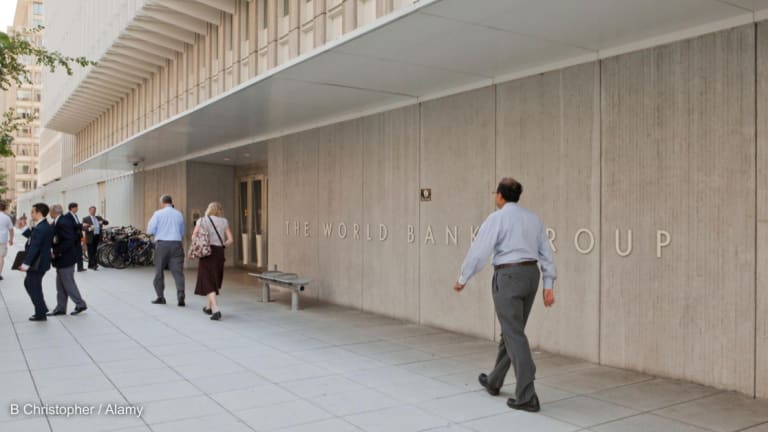Earlier this year, five blind Australian volunteers together with a deaf program leader landed in Fiji, part of the Disability Empowerment Skills Exchange pilot project meant to help build capacity for locally based disability organizations. The “roaming team” of volunteers worked directly with developing communities, changing perceptions on disability even as they also worked for policy change. So successful was the initial debut that a second project will take place in 2017.
What’s as remarkable as the volunteers’ story is how rare it is in the development sector. Disability advocates have in the past pointed to aid organizations’ relative blindness toward people with disabilities in their programming and relief operations: health centers built with only stairs or WASH stations without handicap accessibility. But when it comes considering disability, aid organizations often need to look even closer to home.
“There may be less than 20 people with a disability working in paid roles in Australia’s development sector,” Pascal Rigaldies, executive director of the Australian Disability and Development Consortium, told a shocked audience at Australia’s inaugural conference for returned volunteer in Melbourne on Dec. 3-4.




